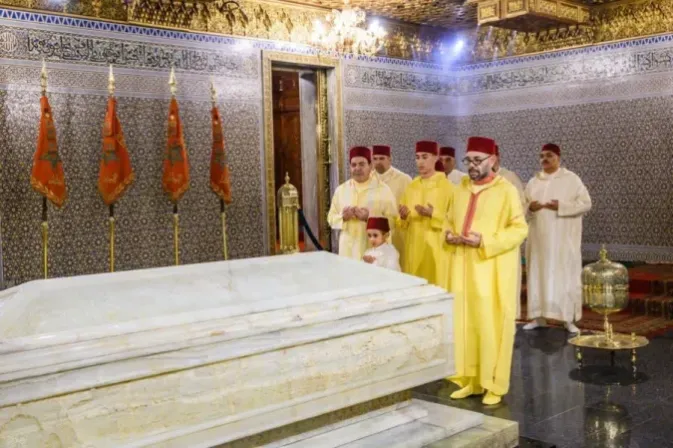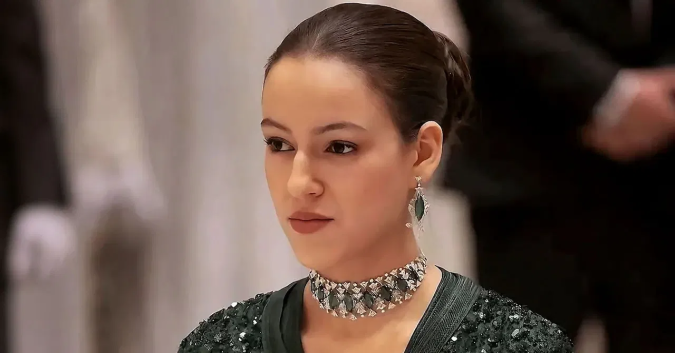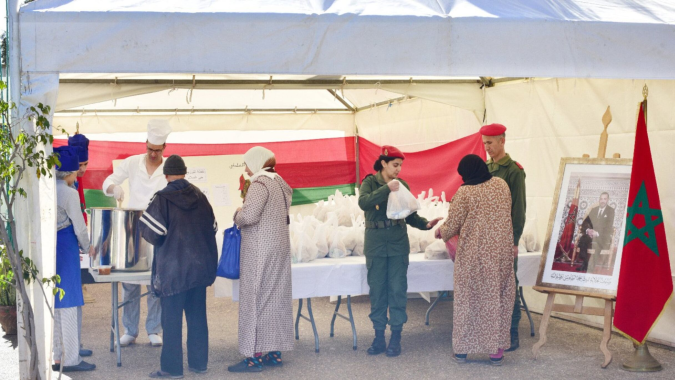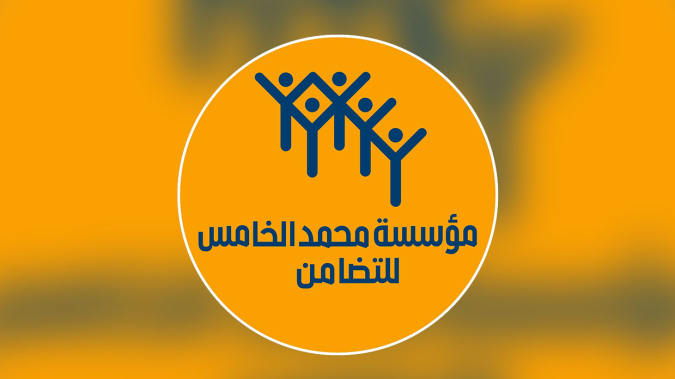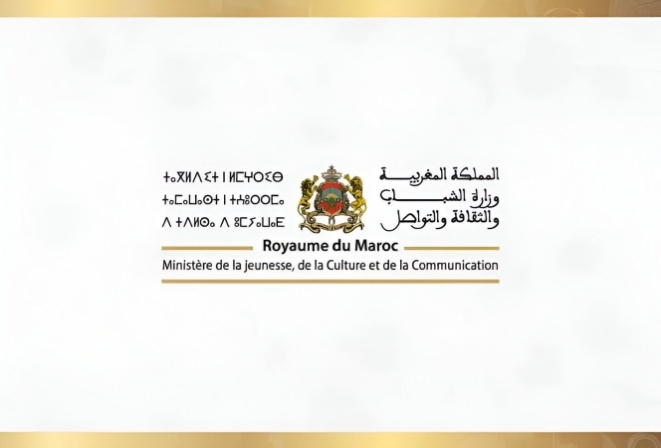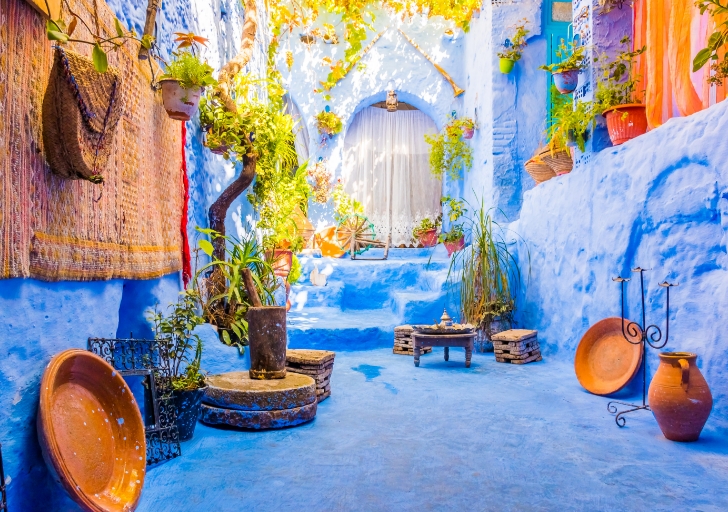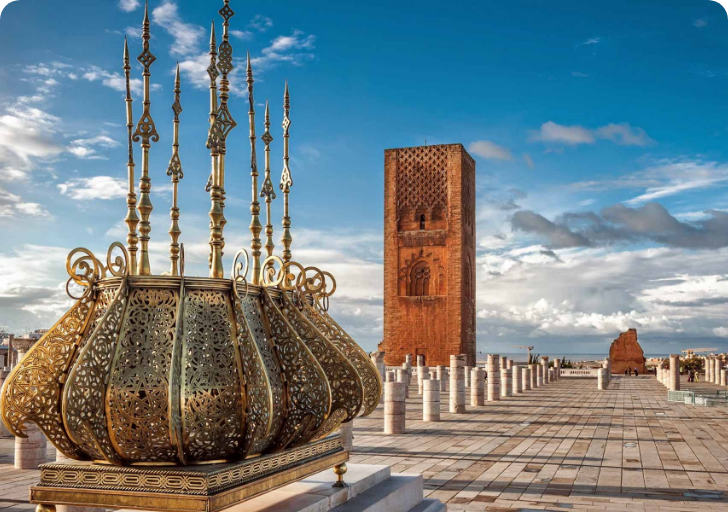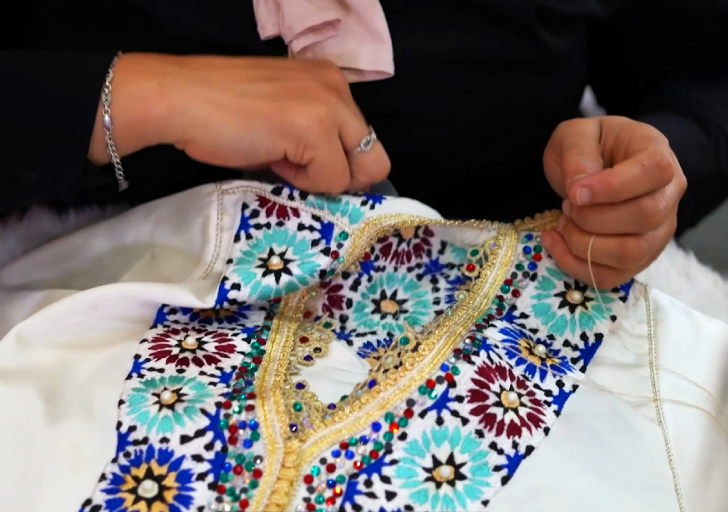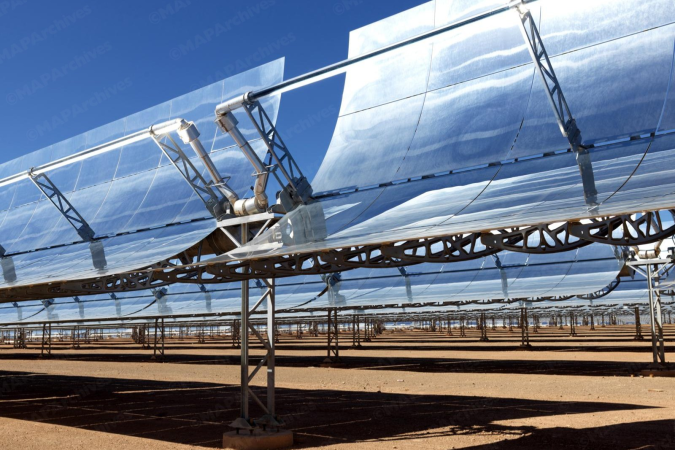
Morocco's pioneering experience in energy transition, driven by the enlightened vision of His Majesty King Mohammed VI, was spotlighted on Wednesday in New Delhi during the 20th edition of the India-Africa Business Conclave, a major South-South partnership event.
Speaking at a plenary session titled "The Future of Energy: Shifting to Sustainable and Clean Energy Solutions," Secretary General of the Energy Transition Department Mohamed Ouhmed noted that at a time of heightened climate change effects, Morocco has chosen to anticipate and act with determination by launching an ambitious national energy strategy in 2009, based on clear programs and specific objectives.
This strategy, he explained, is based on three fundamental pillars: promotion of renewables, which are expected to account for more than 52% of the electricity mix by 2030; and of energy efficiency, with a target of reducing national consumption by at least 20% by the same date.
It also involves strengthening regional cooperation and integration through the development of electricity interconnections with Europe and sub-Saharan African countries, with a view to building a fair and inclusive transition, Ouhmed added.
Thanks to this vision, the national electricity mix has become more diversified and now includes several clean, low-carbon technologies, particularly solar and wind power, the official said, noting that installed capacity from renewable energies currently stands at 5.5 gigawatts, or 45.5% of total power, including 928 MW of solar and 2,451 MW of wind power, thus contributing 27% to national electricity production by end of 2024.
In this context, Ouhmed announced that a $12 billion investment program for the period 2025-2030 is currently being implemented, with plans to build 15,672 MW of new electricity generation capacity, including 12,445 MW from renewable sources, representing approximately 80% of the total, for an investment of $10 billion.
An additional $3 billion will be allocated to strengthening the electricity transmission network, while battery storage capacity (1,500 MW) and new natural gas power plants (3,200 MW) will increase the flexibility of the electricity system, he added.
The official also presented Morocco's offer for the development of green hydrogen, which aims to offer investors optimal visibility in terms of available land, port infrastructure, storage, and energy networks, noting that this approach has attracted some 40 national and international business groups, seven of which have already been shortlisted for projects involving the production of green hydrogen and its derivatives.
In addition to the plenary session, Ouhmed also spoke at a round table dedicated to “Energy and Mining,” during which he highlighted Morocco's experience in energy-mining synergies. He recalled the Kingdom's actions and reforms to make the mining sector a vector of energy, industrial and digital sovereignty, through overhauling legislative framework, establishing a digitalized mining registry, and encouraging research and valorizing strategic and critical minerals.
Organized by the Confederation of Indian Industry (CII), in partnership with the Indian Ministry of Commerce and Industry and the Ministry of External Affairs, the India-Africa Business Conclave is a high-level dialogue platform aimed at strengthening economic and strategic ties between the South Asian country and the African continent.
Morocco is also represented at this 20th edition by head of the Emerging Industries Department at the Moroccan Investment and Export Development Agency (AMDIE) Yassine Elahyani, as well as by the Kingdom's embassy in New Delhi.
MAP: 28 August 2025
